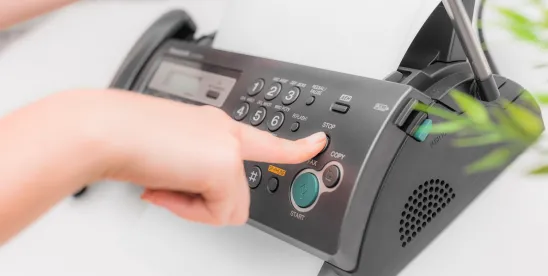The United States District Court for the District of Connecticut recently granted a Defendant’s motion to dismiss Plaintiffs’ TCPA claims because Plaintiffs failed to adequately allege facts supporting an inference that Defendant (1) used an automatic telephone dialing system (“ATDS”) and (2) failed to maintain an internal do-not-call list. Sterling v. Securus Technologies, Inc., 2020 WL 2198095 (D. Conn. May 6, 2020). Plaintiffs originally sued multiple Defendants for negligent and willful violations of the TCPA. Id. at *1. Defendants removed the case to federal court and filed motions to dismiss the original Complaint. Id. Plaintiff amended, and Defendants again moved to dismiss. Id. The Court dismissed all claims against Defendants. Id. The Court then granted Plaintiffs’ motion for leave to file a Second Amended Complaint. Id. at *2. Plaintiffs’ Second Amended Complaint only named Defendant Securus, and Defendant again moved to dismiss. Id.
Plaintiffs’ TCPA claims included (1) Defendant’s alleged use of an ATDS, (2) Defendant’s alleged failure to maintain an internal do-not-call list, (3) knowingly and willingly using an ATDS, and (4) knowingly and willingly failing to maintain an internal do-not-call list. Id. at *3. Plaintiffs alleged that Defendant contacted them on their cellular devices in an attempt to solicit the purchase of Defendant’s services. Id. at *1. Plaintiffs further alleged that Defendant called them collectively hundreds of times over the course of three years using an ATDS. Id. Plaintiffs claimed that none of the calls were for emergency purposes and that none were made with their prior consent. Id.
Granting Defendant’s motion to dismiss, the Court first explained that to pass scrutiny under Rule 8, Plaintiffs “must do more than simply parrot the statutory language.” Id. at *4 (quoting Baranski v. NCO Fin. Sys., Inc., 2014 WL 1155304, at *6 (E.D.N.Y. Mar. 21, 2014)). Accordingly, the Court concluded that Plaintiffs’ merely alleging the number from which the alleged automated calls originated and stating that Defendant used an “automatic dialing system” was insufficient to state a cognizable TCPA claim under Section 227(b) of the Act. Id. at *4–5.
Regarding Plaintiffs’ claim that Defendant failed to maintain an internal do-not-call list in violation of Section 227(c), Plaintiffs never alleged that they ever actually requested to be placed on the national do not call list, a failure fatal to a Section 227(c) claim. Id. at *5. Indeed, despite having an additional opportunity to amend their Complaint, Plaintiffs failed to provide any additional allegations regarding the maintenance or procedures for a do-not-call list. Id. Accordingly, Plaintiffs failed to state a claim under Section 227(c). Id.
Finally, because Plaintiffs failed to adequately plead any TCPA claims generally, the Court concluded that Plaintiffs’ “knowing and willful” claims also failed. Id. at *6. Because Plaintiffs previously had numerous opportunities to cure their defective pleading, the Court dismissed the Second Amended Complaint with prejudice. Thus, in Sterling, the District Court for the District of Connecticut joined the growing number of courts ready and willing to grant a defendant’s motion to dismiss where plaintiffs merely repeat the statutory language and offer only threadbare assertions that an ATDS was used.






 />i
/>i

